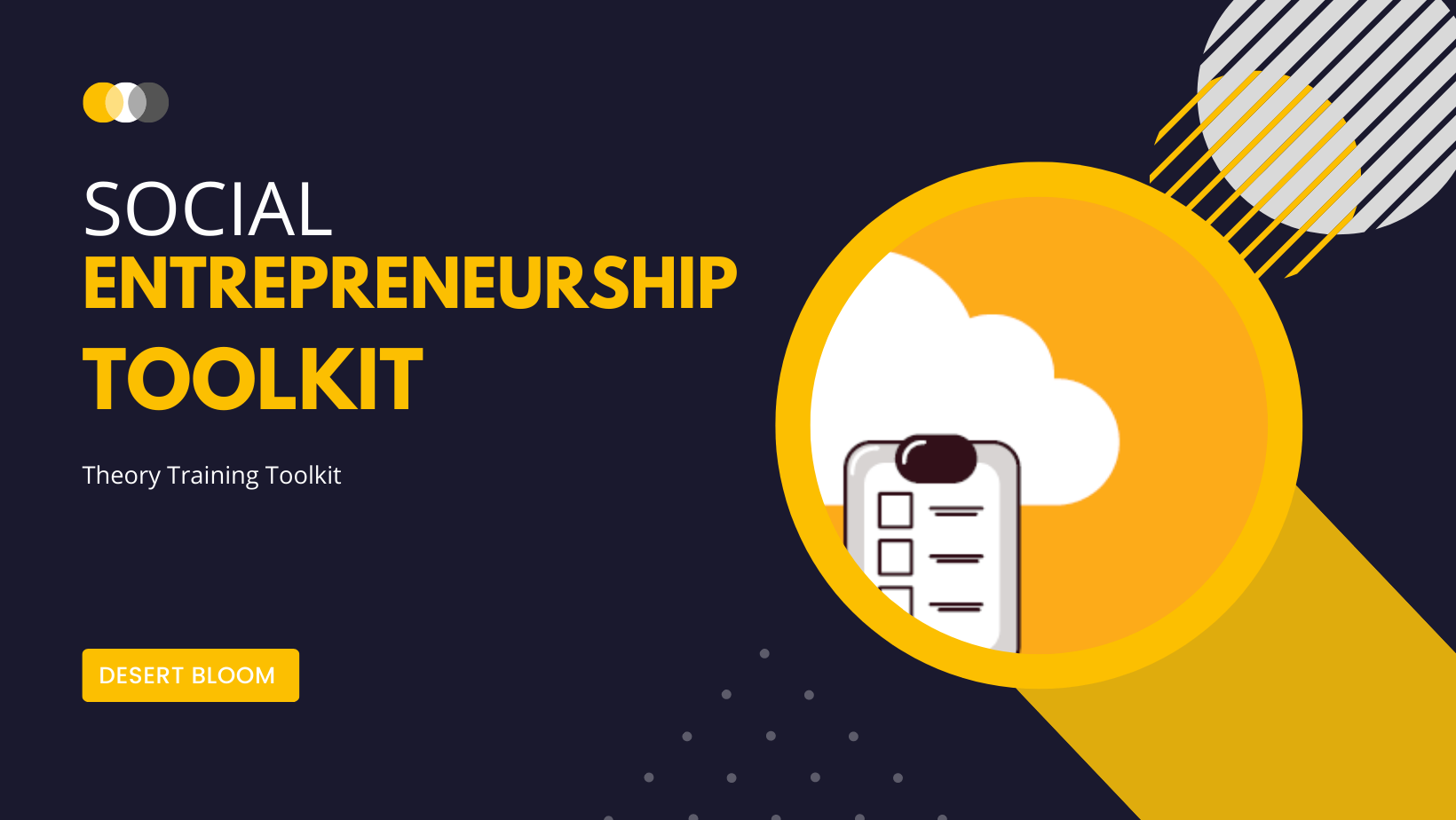Access our Toolkit here.
As someone with already proven interested in the field you will agree on the
fact that “social entrepreneurship has been identified as a key feature of the EU
social market economy”. Nevertheless, no matter the big developments and
recognitions, the concepts of “social economy” and “social innovation” are little
known or misunderstood, and they seem to be rarely considered an important
factor for business, especially for young people. On the other hand, social startups
encounter more difficulties in reaching economic sustainability, and yes,
economy took a lot of turns with the COVID pandemic. The pandemic
influenced also our toolkit decisions: whether we should present tools that are
doable online or offline. After many back and forth discussions, we opt for
eclectic mode. So, whenever noted, you might see links for some online
materials or advices how to modify the tools for both versions.
The INN@SE project relies on the idea that a successful approach to overcome
challenges, can be represented by the open innovation methodology based on a
cross-sectoral collaborative process. Thus, the project partnership is created
by organizations from countries with different levels of know-how on SocEnt,
and therefore we created this Toolkit- to help with the transfer of knowledge,
theory, inspiration and motivation to people that already recognize the
importance of SocEnt and the need to boost young people participation in the
SE ecosystem.
The aim of this Intellectual Output is to inspire young people’s innovative social
entrepreneurial mindset and help them to ideate. This IO will serve to
showcase flexible toolkit and training program using a cross-sectoral approach;
eclectic collection of existent tools merged under different topics and modes
(the offline/online choice).
The creators of the INN@SE project are all representing sectors with different
approaches to the topic (higher education, research, NGO). As partners we are
different, but also highly specialized in activities related to young people
empowerment: training, social economy research, and start-ups development.
This diversity that each partner imputes to the project is valued and recognized
as essential to ensure the success and sustainability of the joint efforts. Here,
we would like to stress that yes, you might see different tone in some chaptersthis
is the holistic approach and authentic author’s contribution we left with
intention, and also to stress that this document is seen as compilation material
where a youth trainer, a teacher or anyone interested in conducting training
courses, workshops or initiating some local action, can pick, re-design and
deliver upon his/her own needs.
As ARNO was taking the lead of the design of this IO, we would like to thank all
the authors for their inputs, and to also give credit to ourselves for the
experimental approach and boldness to merge and innovate. We must admit
that after the final editing of the Toolkit, we cut some pages and chapters as the
innovative element was the highest guiding principle. In next endeavors, we
would like to also move in other directions, but we believe that this version is
also good “food for thought” in the field of social economy, and it does spark
innovative mind and fresh looks to the field.
Access our Toolkit here.
